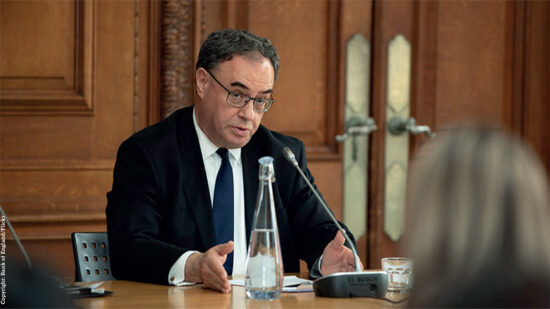Life insurers authorised by the Central Bank of the UAE (CBUAE) have been told that they are liable for the advice given by distributors of their products.
This comes after the Insurance Authority (IA) merged with the CBUAE in October 2020.
The CBUAE sent a notice on 2 September 2021, seen by International Adviser, to all firms offering structured conventional life insurance and Takaful investment and savings products. The notice appears to ignore the regulations issued by the IA prior to its merger with the CBUAE, which included specific regulation for life insurance business and bancassurance distribution.
It follows a CBUAE notice issued on 13 June 2021 which said that all ‘licenced financial institutions’ are required to obtain a non-objection letter (NOL) from the regulator to offer structured conventional life insurance and Takaful investment and savings products directly or through registered brokers/agents in UAE.
In the 2 September letter, Ahmed Saeed Al Qamzi, assistant governor for banking and insurance supervision of the CBUAE, said that the issuers of these products should ensure that their “distribution channels are in line with the requirements” as stated in the June 2021 notice.
He added: “The issuers should have in place controls and procedures allowing them to conduct continuous monitoring and testing for all their distribution channels to ensure compliance with the requirements, including sales call records for future verifications.
“In the event of any violations by the issuers, or their officials, or any of the third-party brokers/agents, and/ or their officials, CBUAE shall take action against the issuer in accordance with prevailing laws and regulations.”
Drafting issues
Law firm Clyde & Co told International Adviser that the notice issued in June 2021, sent by the deputy governor for banking supervision, was addressed to “licensed financial institutions” and therefore “appeared to only be directed to CBUAE banks and investment companies”.
But the September 2021 notice “makes reference to the obligations of all distribution channels”.
The second letter also “imposed a burden on life insurers to police the activities of distributors notwithstanding that such distributors are all regulated entities and are themselves subject to the regulatory supervision of the Central Bank”.
The law firm added that the notice “failed to distinguish between distributors that are the agent of the policyholder (brokers) and those that are the agent of the insurer (banks and insurance agents)”.
The notices stem from a letter sent by the CBUAE in 2017, which documented the rise in complaints about ‘savings and investment’ insurance products and that it would not approve requests from banks and finance companies to market such products pending the issuance of a new bancassurance policy.
‘Good relationship’
International Adviser contacted a number of ex-Insurance Authority firms for a comment.
Friends Provident International told this publication that it “is aware of the Central Bank of UAE documents that include this information”.
“We have a good relationship with the regulator and are discussing this with them to understand the implications for both providers and advisers,” it added.
International Adviser contacted the CBUAE to understand what this means for the advice sector, as well as what it means for client compensation. It did not reply in time for publication.








